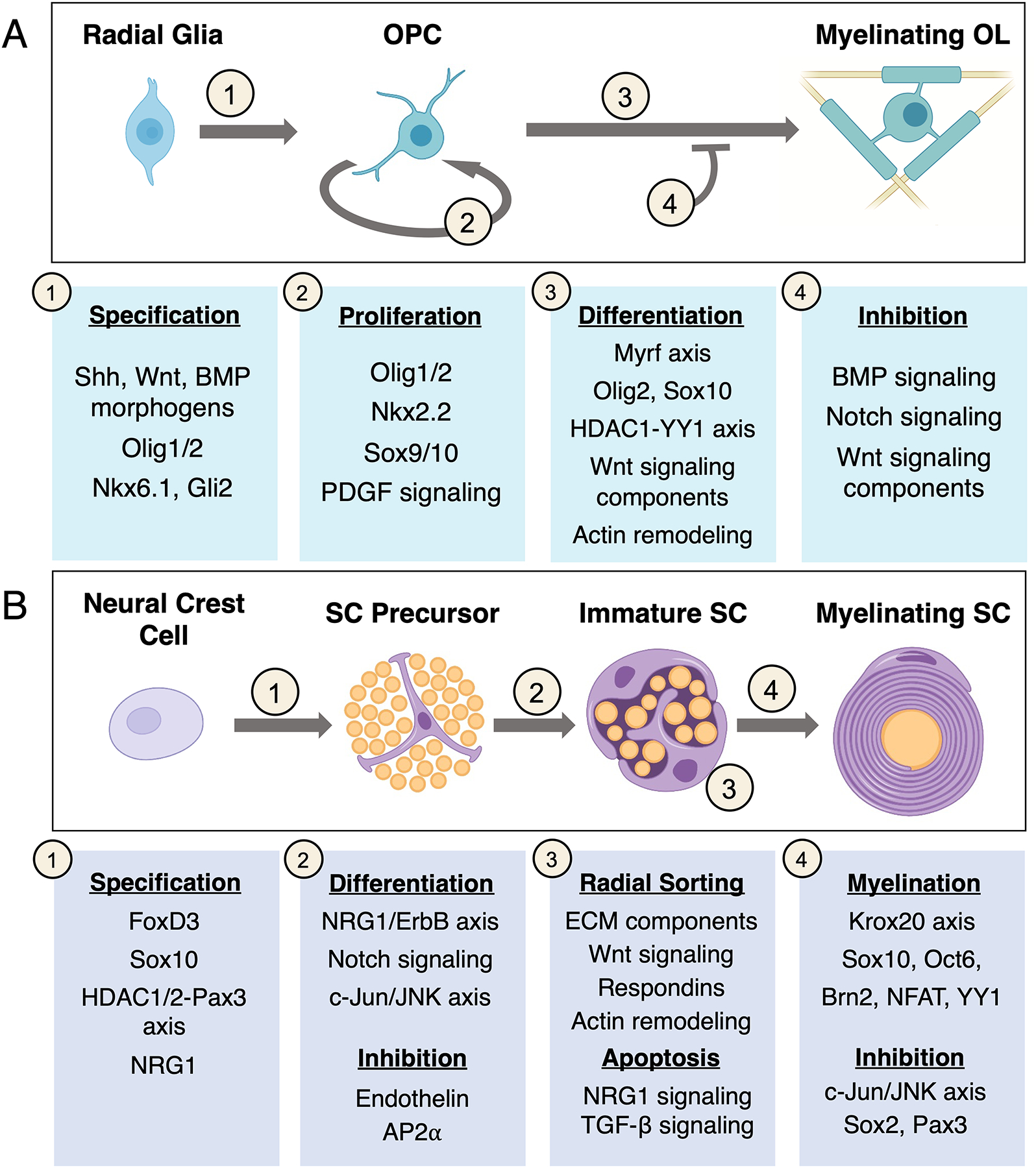Figure 3. Molecular regulators of OL and SC development.

(A) (1) Morphogen signaling plays a major role in the specification of radial glia into OPCs, activating transcription factors that define the OL lineage. (2) OPC proliferation is required to colonize the CNS and to maintain a stable OPC population. This process is dependent on both intrinsic transcription factors and signaling cascades downstream of the PDGF receptor. (3–4) OL development is thought to follow a de-repression model, with intrinsic factors driving differentiation largely by default. Inhibitory extracellular signaling regulates the timing and extent of OL differentiation. The Wnt pathway plays a complex role, with different components promoting and inhibiting differentiation. (B) (1) Several molecules necessary for SCP specification are also expressed in crest cells. The factors that are sufficient to drive specification remain largely unknown. (2) Axon-derived signals and positive and negative growth factors regulate SCP differentiation and survival. (3) External cues as well as cell number regulation are required to facilitate the complex process of radial sorting. (4) Krox20 is a master regulator of myelination and cooperates with other TFs to drive myelin gene expression. Inhibitory signals throughout differentiation play a large role in maintaining SC lineage plasticity.
